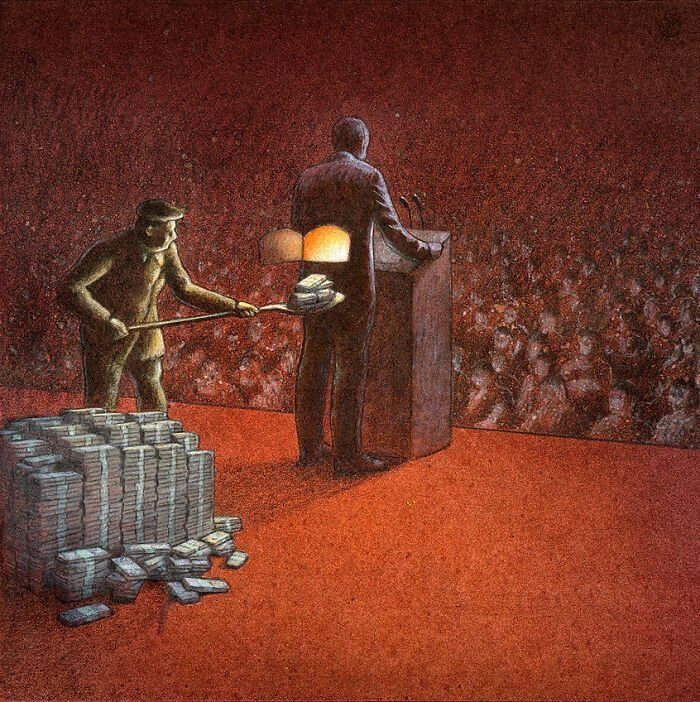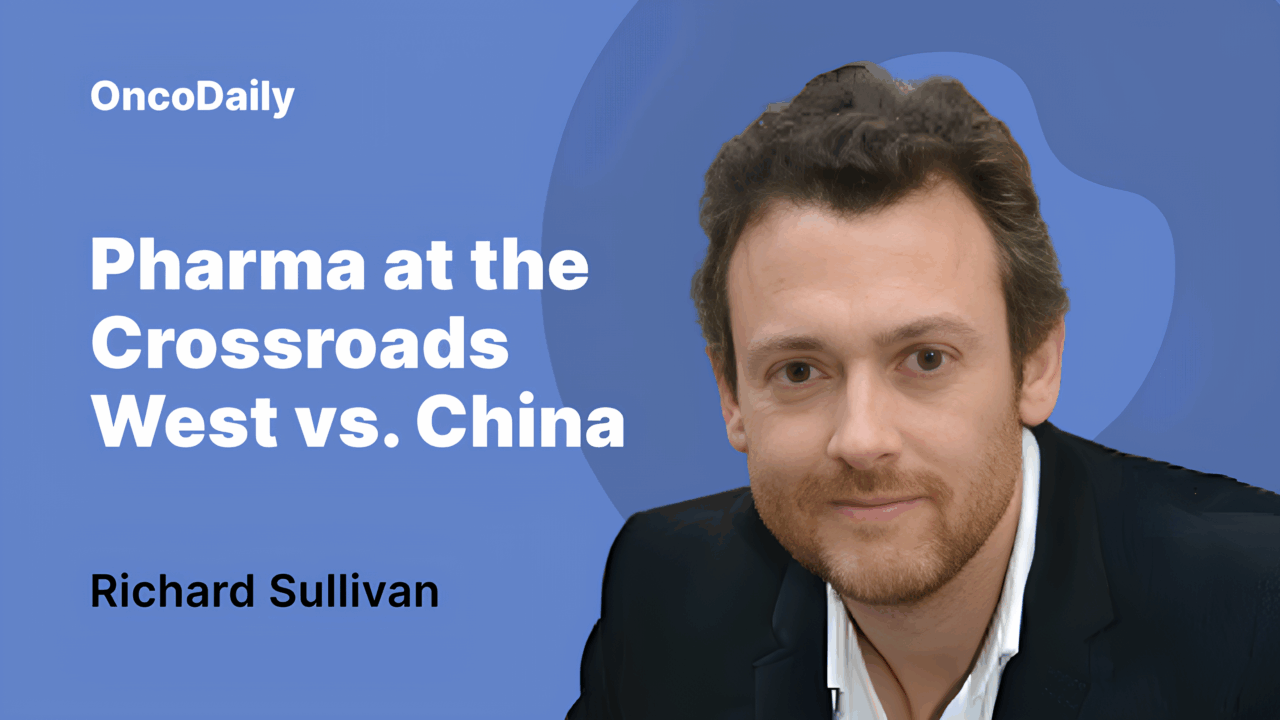Richard Sullivan, Co-Director of the Centre for Conflict and Health Research, and Professor of Cancer and Global Health at King’s College London, shared a post on LinkedIn:
“The English NHS’s latest health policy imbroglio has been triggered by pharmaceutical companies such as MSD and AstraZeneca cancelling or postponing investments in the UK. The government’s knee-jerk reaction has been to float the idea that they will pay up to 25% more for drugs to keep the industry on board.
But look behind the curtain and a far more tangled web emerges. Western biopharma is under enormous pressure from China as the latter expands not just its pharmaceutical base but also its global health footprint. Cancer medicines feature heavily in this equation. At its current trajectory, China is likely to be a major global supplier in the next decade.
The success of China’s ivonescimab speaks volumes to the pace and innovation. For Western companies, the geopolitical dust-up between the USA and China, essentially marking China as a threat/competitor, could not have come at a worse time. Many countries and regions are making that choice and looking towards Beijing for global health and development, including medicines. US threats around pharmaceutical tariffs have also poured petrol on the proverbial fire.
The fact that the US administration’s proposed cure for drug pricing will actually make things worse is not lost on anyone (see October’s Economist). In addition, the recent WHO Essential Medicines list committee (of which the author has to declare is a member) not only added a number of immuno-oncology drug-indication pairs to the list but also declared that there was a serious case for interchangeability between them, potentially opening up greater global competition.
The West also does not have the fiscal headroom to pay more for drugs. Considering the other systemic issues that need addressing (like funding for more healthcare professionals!), is paying more for drugs even a priority? The latest research from LSE strongly suggests that we are overpaying for a lot of marginally impactful drugs, with all the downstream consequences that these cost opportunities entail. But the system is addicted to the money.
When we analysed R&D costs and returns on investment in the pre-immuno-oncology era, the mean ROI was over 500% with a few cancer drugs commanding multiple 1000% ROIs. So ‘fair pricing’ is competing with political reality in an unsustainable system. Finally, though public organisations like 38Degrees are taking notice, petitioning vigorously against NICE raising the willingness to pay threshold. The economics and financing of cancer will need more though than tactical skirmishes. Whether anyone has the appetite to take on what we mean by real, sustainable value right now remains to be seen.”

More posts featuring Richard Sullivan.


